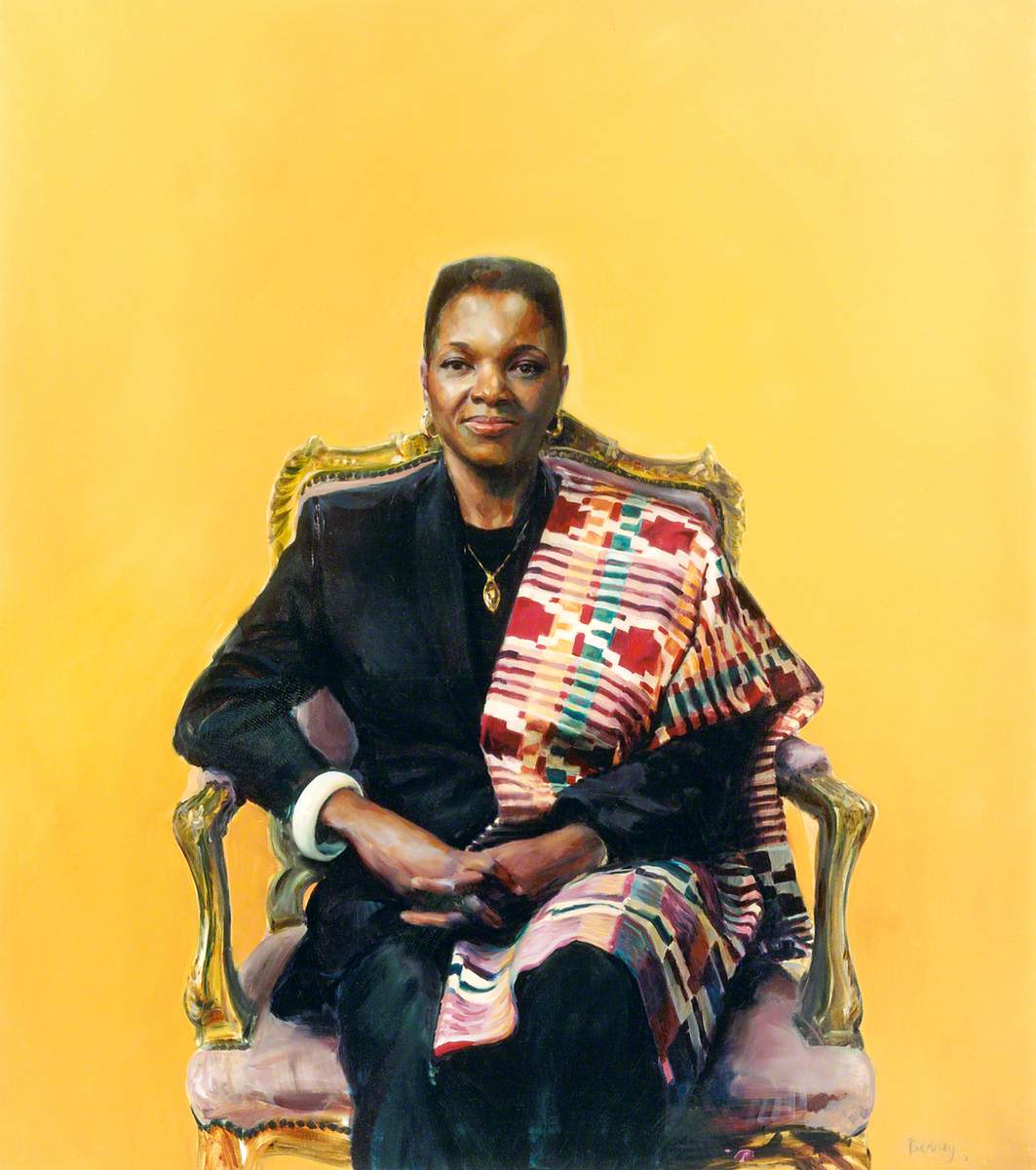
Introduction
Tommy Robinson, born Stephen Yaxley-Lennon, is a controversial figure in the United Kingdom known for his activism and polarising views on immigration, Islam, and free speech. His influence has stirred debate among politicians, media, and the public alike, making him a significant figure in contemporary British politics. As the landscape of political discourse evolves, understanding Robinson’s role and the reactions to his activities is crucial for grasping current societal tensions.
Background and Rise
Robinson co-founded the English Defence League (EDL) in 2009, which aimed to oppose what it described as the spread of radical Islam in Britain. His activism gained notable media attention and he quickly became synonymous with the far-right movement in the UK. In recent years, Robinson has transitioned from street protests to social media, where he has amassed a considerable following, further amplifying his influence.
Recent Events
In the past year, Robinson has been involved in a series of high-profile incidents and legal battles. In 2023, he was sentenced for contempt of court after breaching a reporting ban on a sexual abuse trial. This generated significant discussion regarding freedom of speech and legal frameworks in the UK, with supporters arguing that his treatment was unjust, while critics highlighted concerns over hate speech.
Moreover, Robinson’s recent public appearances, including rallies and events, often lead to clashes between his supporters and counter-protesters, illustrating the divided opinions about him. The tensions surrounding these events have posed challenges for law enforcement and have ignited debates over public safety, civil liberties, and the limits of expression.
Public Perception and Political Impact
Robinson’s notoriety has engendered a mixed response from the public. While he has a dedicated base that views him as a champion of free speech and a critic of political correctness, many others see him as a divisive figure exacerbating social tensions. Some political leaders have sought to distance themselves from him, while others have used his rhetoric to rally support. His activities continue to polarise opinions in parliamentary debates and policy discussions, particularly around immigration and national security.
Conclusion
As Tommy Robinson remains an influential figure, the debates he incites are unlikely to diminish in the near future. His continued activism brings to light critical issues regarding immigration, social cohesion, and free speech. For readers, understanding Robinson’s influence can provide insights into the broader societal challenges faced by the UK today. The discussions surrounding him are symptomatic of a wider cultural clash that reflects the complexities of modern British identity and values.
You may also like

Boris Johnson: A Look at His Current Political Landscape

Recent Developments Involving Jacob Rees-Mogg
